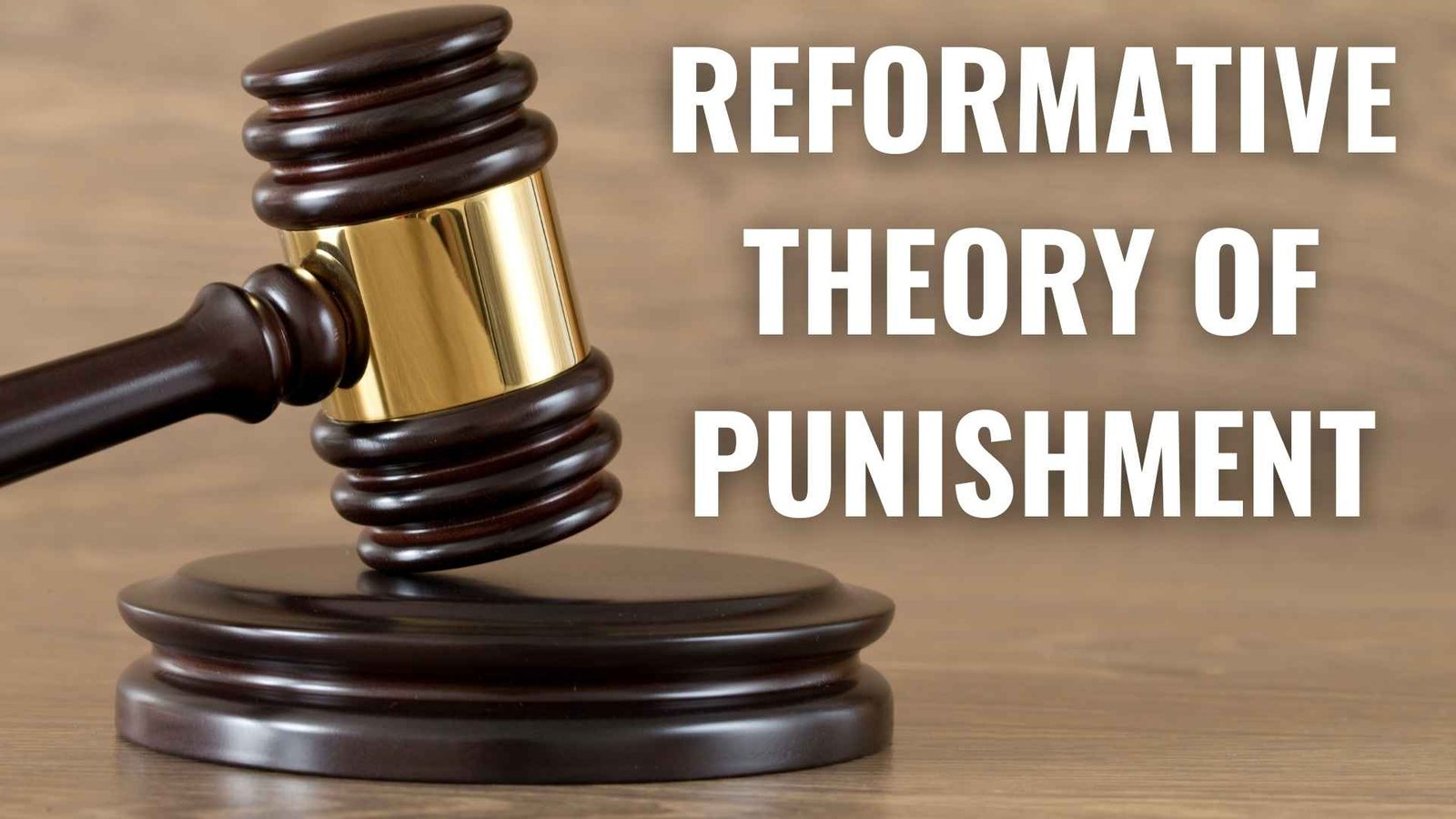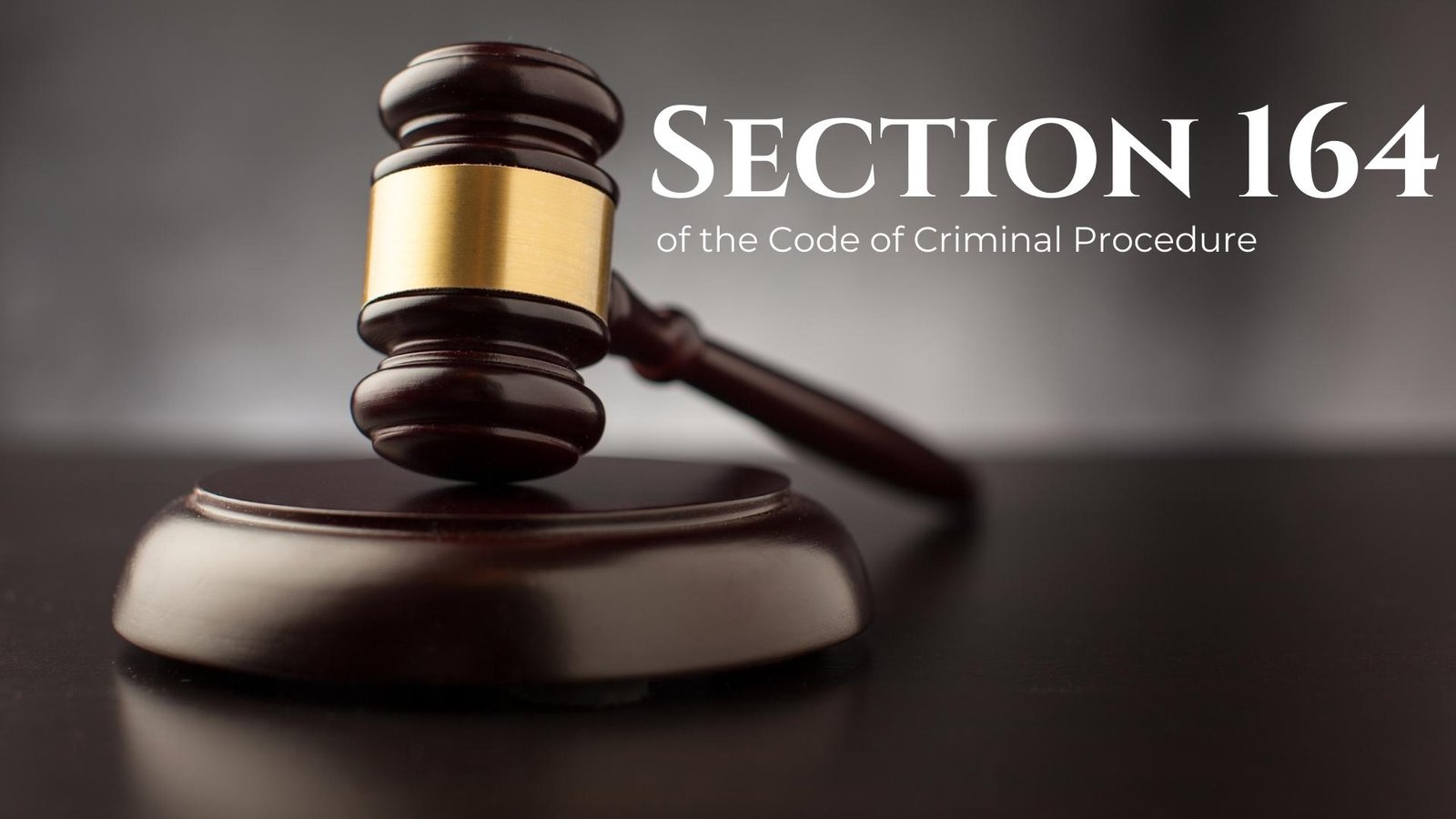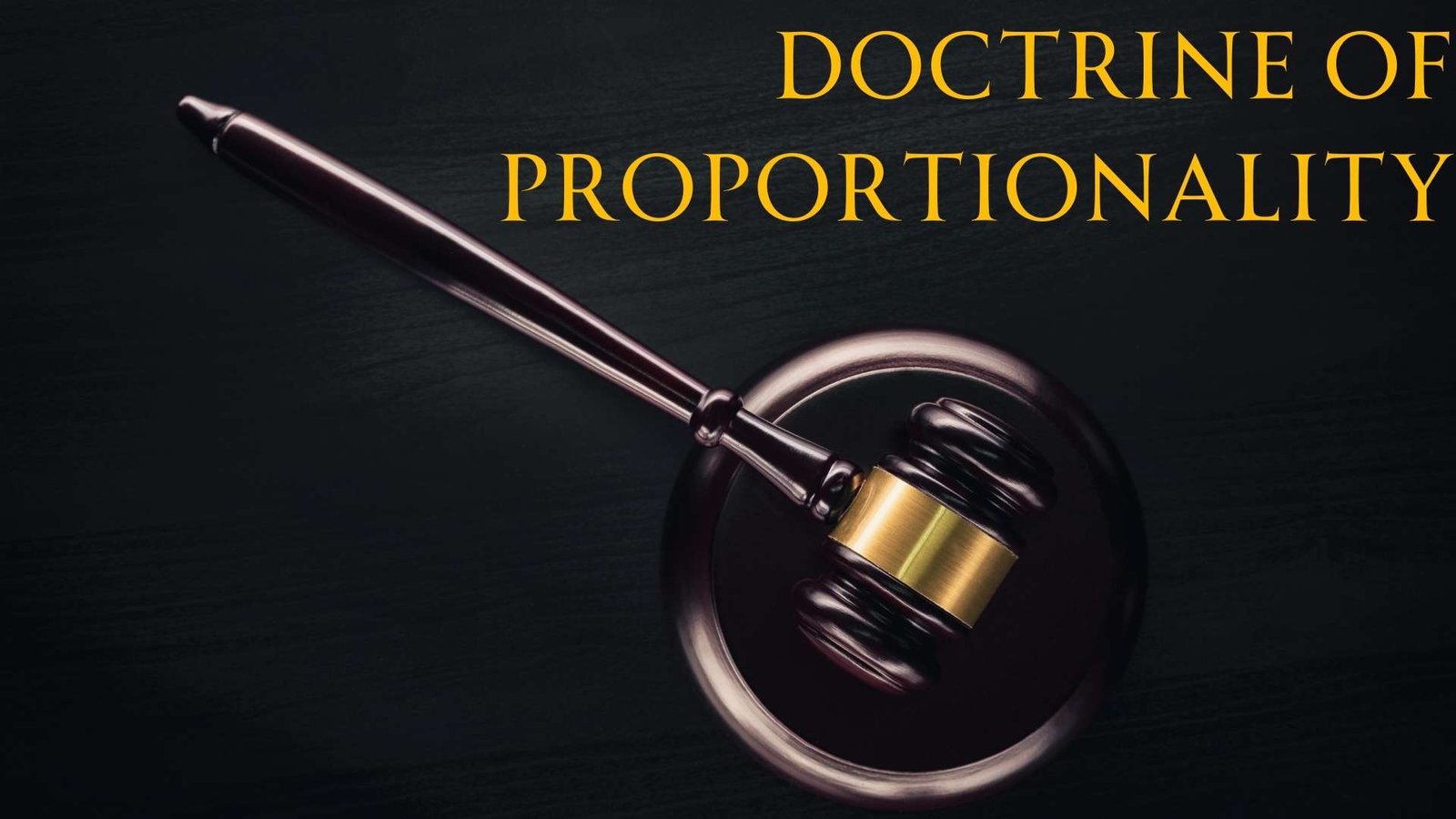On this page you will read detailed information about Is Watching Porn illegal in India?
As an internet user in India, you may have wondered about the legal status of accessing pornographic content online. With conflicting information circulating and periodic reports of website bans, it’s understandable to feel uncertain about whether viewing pornography could potentially land you in legal trouble. This article aims to clarify the current laws and regulations surrounding pornography consumption in India. You’ll learn about the specific statutes that apply, how they are typically enforced, and what precautions you may want to consider. Understanding the legal landscape can help you make informed decisions about your online activities.
Is Watching Pornography Really Illegal in India?
The Legal Landscape
In India, the legality of watching pornography is a complex and often misunderstood issue. While many assume it’s outright illegal, the reality is more nuanced. According to a ruling by the Kerala High Court, watching pornographic content in private is not an offense under the law, as it falls under personal choice. This aligns with the broader interpretation that private consumption of adult pornography is generally legal in India.
Restrictions and Prohibitions
However, it’s crucial to understand that certain aspects related to pornography are strictly prohibited. The Indian Penal Code and Information Technology Act make it illegal to sell, distribute, or circulate pornographic material. Punishments for these offenses can be severe, including imprisonment and fines. Additionally, the creation, production, or forced viewing of pornographic content can attract criminal liability under various Indian laws.
Child Pornography and Public Display
It’s important to note that child pornography is absolutely forbidden in all forms. The Protection of Children from Sexual Offenses (POCSO) Act of 2012 imposes strict penalties for any involvement with such material. Furthermore, while private viewing may be permissible, displaying pornographic content in public is illegal. This distinction underscores the importance of keeping such content strictly private.
The Ongoing Debate
The legal status of pornography in India remains a topic of ongoing debate and discussion. While the Supreme Court has recognized the right to privacy as a fundamental right, which could impact the legality of watching porn in private, there are still concerns about the societal impact of pornography. As noted by the Kerala High Court, the digital age has made pornography more accessible, even to children, raising questions about appropriate regulations and restrictions.
The Laws on Obscenity in India
Defining Obscenity
In India, the concept of obscenity is rooted in laws that aim to maintain public order and protect societal values. However, the definition of obscenity remains somewhat fluid and subject to interpretation. According to the Indian Penal Code (IPC), obscenity refers to content that is considered offensive, disgusting, or morally degrading by societal standards. Sections 292-294 of the IPC prohibit the publication and sale of obscene content, while the Information Technology Act, 2000 extends these restrictions to electronic media.
Evolution of Legal Interpretation
The interpretation of obscenity laws in India has evolved significantly over time. The Supreme Court abandoned the Victorian-era “Hicklin test” in favor of the “Contemporary Community Standards” test in the 2014 case of Aveek Sarkar v. State of West Bengal. This new standard evaluates obscenity based on the sensitivities and tolerance levels of the average, rational person in contemporary society.
Challenges and Controversies
Despite attempts to clarify the law, the application of obscenity regulations remains challenging and often controversial. The arbitrary nature of these laws poses a consistent challenge to courts, as the interpretation of what constitutes obscenity is frequently left to the discretion of individual judges. This subjectivity has led to inconsistent application and raised concerns about potential infringement on freedom of expression.
Recent rulings, such as the Kerala High Court decision in the Rehana Fathima case, have highlighted the need for a more nuanced approach to obscenity laws. The court emphasized that nudity alone does not constitute obscenity and pointed out the double standards in how male and female bodies are perceived. These developments underscore the ongoing debate surrounding the balance between societal morality and individual liberties in the context of obscenity laws in India.
In the previous post, we had shared information about How to Legally Evict a Tenant in India, so read that post also.
Landmark Judgements Related to Pornography
Supreme Court Ruling on Child Pornography
In a landmark ruling, the Supreme Court of India has declared that downloading, storing, possessing, and watching child pornography is an offense under the Protection of Children from Sexual Offences (POCSO) Act. This decision overturns a previous Madras High Court judgment that had quashed criminal proceedings against a man accused of such activities. The Supreme Court emphasized that even the mere possession of child pornographic material, without dissemination, constitutes a criminal offense.
Redefining Terminology
The Court has urged the government to replace the term “child pornography” with “child sexual exploitative and abuse material” (CSEAM) in the POCSO Act. This change aims to better reflect the reality and magnitude of such offenses, recognizing that the term “pornography” may imply a degree of consent, which is not possible in cases involving minors.
Legal Consequences and Penalties
Under the POCSO Act, the penalties for child pornography-related offenses are severe. Possessing such material can result in fines ranging from Rs 5,000 to Rs 10,000. If the possession is with intent to disseminate, it can lead to imprisonment of up to three years. Using the material for commercial purposes can result in a jail term of three to five years. Repeat offenders may face imprisonment for five to seven years along with fines.
Broader Implications and Directives
The Supreme Court’s ruling extends beyond punitive measures. It has directed the Ministry of Women and Child Development to implement comprehensive sex education programs and provide psychological counseling and educational support to victims. The Court has also emphasized the obligation of social media intermediaries to report the publication and circulation of child pornographic material under both the POCSO Act and the IT Act.
How Indian Authorities Monitor and Block Porn Websites
Government Directives and Legal Mechanisms
The Indian government employs various methods to monitor and restrict access to pornographic content online. One of the primary approaches involves issuing directives to Internet Service Providers (ISPs) to block specific websites or URLs containing adult material. In 2015, the government ordered ISPs to block 857 porn websites, citing concerns over public morality and child protection. While this particular ban was later partially lifted due to public backlash, it demonstrates the government’s ability to implement large-scale censorship measures.
Indian authorities also utilize legal mechanisms such as court orders and the Information Technology Act to mandate website blocking. The government has empowered the Indian Computer Emergency Response Team (CERT-IN) to review complaints and issue blocking instructions to ISPs, often without a formal appeals process.
Technical Measures and Content Filtering
To enforce these directives, Indian authorities collaborate with ISPs to implement content filtering and censorship technologies. These systems are designed to automatically detect and block access to porn websites based on predetermined criteria. Additionally, the government maintains a list of banned porn websites that ISPs are required to restrict access to.
The implementation of these measures has faced criticism from service providers, who find the directives ambiguous and challenging to enforce, particularly when it comes to distinguishing between general adult content and illegal material such as child pornography.
Monitoring and Enforcement
Indian authorities actively monitor internet traffic and activity to identify websites hosting or distributing pornographic material. This surveillance allows them to take swift action against new or previously undetected sources of adult content.
The government also collaborates with law enforcement agencies to investigate and shut down websites involved in the production and distribution of illegal pornographic content. These efforts are complemented by public education initiatives aimed at raising awareness about the risks associated with accessing porn websites and providing guidance on protecting minors from exposure to such material.
Use of VPNs to Access Banned Sites in India
Legal Status of VPNs in India
While the use of VPNs is currently legal in India, the regulatory landscape has become increasingly complex. In 2022, India’s Computer Emergency Response Team (CERT-In) introduced new rules that required VPN providers with physical servers in India to store user data for at least five years. This move prompted many VPN companies to remove their servers from the country to protect user privacy.
Accessing Banned Websites
Although Internet Service Providers (ISPs) in India may face fines for not blocking banned websites, there is no clear law that explicitly prohibits individuals from using VPNs to access these sites. However, the legal implications of such actions remain ambiguous, and users should be aware of potential risks.
Virtual Servers and Privacy
To circumvent data retention requirements while still providing access to Indian IP addresses, some VPN providers now offer “virtual” India servers physically located in other countries. This approach allows users to browse as if they were in India without their online activity being logged or monitored by the government.
Choosing a VPN Service
When selecting a VPN for use in India, it’s crucial to opt for a reputable provider with a strict no-logs policy. Free VPNs are not recommended due to potential security risks and data logging. Instead, consider paid services that maintain servers outside of India and offer robust encryption to enhance your online privacy and security.
Remember that while VPNs can provide access to blocked content, users should always be mindful of local laws and regulations. The legal landscape surrounding VPN usage in India continues to evolve, and it’s advisable to stay informed about any changes in legislation that may affect your online activities.
Public Perception of Pornography in India
Shifting Cultural Attitudes
India’s traditionally conservative stance on sexuality is undergoing a significant transformation, particularly in urban areas. The rise of internet accessibility and smartphone usage has led to increased exposure to pornographic content, challenging long-held societal norms. This shift is especially evident among the younger generation, who are more open to discussing sexual topics and exploring their sexuality through online platforms.
However, this change is not without controversy. The widespread availability of pornography has sparked debates about its impact on relationships, mental health, and societal values. Many Indians express concern about the potential negative effects of excessive pornography consumption, such as the objectification of individuals and the reinforcement of harmful gender stereotypes.
Gender Disparities and Attitudes
Research indicates significant gender differences in pornography consumption and attitudes. A study of medical students in India found that male participants had a higher prevalence of problematic pornography use compared to females. Additionally, male students and those in relationships tended to have more positive attitudes towards pornography.
These findings highlight the complex interplay between gender, relationships, and pornography consumption in Indian society. They also underscore the need for gender-specific discussions and media literacy education to address these disparities and promote healthier attitudes towards sexuality.
Legal and Ethical Concerns
The Indian government has implemented various laws to regulate pornography, reflecting societal concerns about its potential harm. Despite these efforts, the consumption of pornographic content remains widespread, presenting ongoing challenges for law enforcement and policymakers.
Public opinion on the legal status of pornography is divided, with some advocating for stricter regulations to protect societal values, while others argue for a more nuanced approach that balances individual freedoms with social responsibility. This ongoing debate reflects the complex and evolving nature of India’s relationship with pornography in the digital age.
How Easy is it to Access Pornography in India?
Widespread Availability Despite Legal Restrictions
Despite legal restrictions on pornography in India, accessing adult content has become increasingly easy due to the proliferation of smartphones and internet connectivity. Estimates suggest that 30-70% of total internet traffic in India comes from porn websites, highlighting the widespread availability of such content. This ease of access has led to a significant increase in pornography consumption across the country.
Demographics and Usage Patterns
A survey found that 63% of urban youth in India reported watching pornography, with 74% accessing it through mobile phones. However, usage patterns vary across different demographics. A study revealed that around 8.3% of the surveyed population (10.9% men, 5.6% women) acknowledged using pornography, with higher rates among single individuals and those in single-parent households.
Regional Variations and Socioeconomic Factors
Interestingly, the northeastern states of India showed the highest volume of online searches for pornography-related keywords. The study also found a significant negative correlation between the per capita net state domestic product and the overall volume of pornography-related searches, suggesting that states with lower economic status tend to have higher pornography-seeking behavior.
Government Efforts and Challenges
The Indian government has taken steps to curb the availability of pornography, including banning hundreds of websites and seeking to introduce stricter regulations for OTT platforms. However, enforcing a complete ban has proven challenging, as users can still access blocked content through various workarounds. This ongoing struggle highlights the complexity of regulating online content in the digital age.
Moral Policing and Harassment Over Porn
Government Attempts at Regulation
In recent years, the Indian government has made several attempts to regulate access to pornographic content, citing concerns over social decency and child protection. In 2015, the government ordered internet service providers to block over 850 adult websites, following a directive from the Supreme Court. This move sparked widespread debate and criticism, with many accusing the government of moral policing and infringing on personal freedoms.
Public Backlash and Government Response
The ban on pornographic websites faced significant backlash from the Indian public. Popular author Chetan Bhagat criticized the decision, arguing that the government should focus on banning non-consensual acts rather than blocking porn, which he described as “anti-freedom, impractical, and not enforceable.” In response to the public outcry, the government quickly backtracked, lifting the ban on websites that did not contain child pornographic content.
Challenges in Implementation
The government’s attempts to regulate pornography have faced numerous challenges. Internet service providers have expressed concerns about the feasibility of implementing such bans, as many of the servers hosting these websites are located outside India where pornography is legal. Additionally, users can easily bypass these restrictions using virtual private networks and proxy servers. The Attorney General of India acknowledged these difficulties, stating that “Effective banning is difficult.”
Shifting Focus to Self-Regulation
In light of these challenges, the government has shifted its approach. Rather than imposing blanket bans, officials have emphasized the importance of self-regulation. The government has encouraged parents to use tools like child locks to prevent children from accessing inappropriate content. This approach aims to balance concerns over child protection with the need to respect personal freedoms and privacy.
FAQs: Is It Illegal To Watch Porn In India?
The legal status of watching pornography in India has been a topic of debate and confusion. However, recent court rulings have provided some clarity on the matter. According to a Kerala High Court ruling, watching pornographic content in private is not considered an offense under the law. The court emphasized that declaring such an act illegal would infringe upon personal privacy and individual choice.
Similarly, the Supreme Court of India has ruled that watching private adult pornography is generally legal, as long as it falls within the scope of one’s constitutional right to personal liberty. This means that adults have the right to consume legal adult content online without fear of prosecution.
While private viewing may be legal, it’s crucial to understand that certain pornography-related activities remain illegal in India. The creation, distribution, and circulation of pornographic material are prohibited under various sections of the Indian Penal Code and the Information Technology Act. This includes:
i) Selling, distributing, or circulating obscene objects
ii) Transmitting obscene or sexually explicit content electronically
iii) Using minors for pornographic purposes
iv) Indecent representation of women in advertisements or other media
It’s important to note that storing or viewing content related to child pornography, rape, or violence against women is strictly illegal and punishable by law.
While adults may have the right to view pornography privately, the Kerala High Court has cautioned parents about providing unrestricted internet access to minors. The court emphasized the importance of parental supervision in preventing children from accessing pornographic content, which could have far-reaching consequences. Parents are advised to monitor their children’s online activities and encourage engagement in outdoor activities as healthier alternatives.
Conclusion
As you navigate India’s complex legal landscape surrounding pornography, it’s crucial to stay informed about current laws and regulations. While watching pornography privately is not explicitly illegal, you should be aware of restrictions on distribution and public viewing. Exercise caution when accessing online content, as some sites may be blocked or contain illegal material. Remember that laws can change, so it’s wise to periodically review updates to relevant legislation. Ultimately, being a responsible digital citizen means respecting cultural norms and legal boundaries while making personal choices about media consumption. By staying informed and exercising good judgment, you can better protect yourself and others in this sensitive area of Indian law.
Disclaimer
The information and services on this website are not intended to and shall not be used as legal advice. You should consult a Legal Professional for any legal or solicited advice. While we have good faith and our own independent research to every information listed on the website and do our best to ensure that the data provided is accurate. However, we do not guarantee the information provided is accurate and make no representation or warranty of any kind, express or implied, regarding the accuracy, adequacy, validity, reliability, availability, or completeness of any information on the Site. UNDER NO CIRCUMSTANCES SHALL WE HAVE ANY LIABILITY TO YOU FOR ANY LOSS OR DAMAGE OF ANY KIND INCURRED AS A RESULT OR RELIANCE ON ANY INFORMATION PROVIDED ON THE SITE. YOUR USE OF THE SITE AND YOUR RELIANCE ON ANY INFORMATION ON THE SITE IS SOLELY AT YOUR OWN RISK. Comments on this website are the sole responsibility of their writers so the accuracy, completeness, veracity, honesty, factuality and politeness of comments are not guaranteed.
So friends, today we talked about Is Watching Porn illegal in India?, hope you liked our post.
If you liked the information about Is Watching Porn illegal in India?, then definitely share this article with your friends.
Knowing about laws can make you feel super smart ! If you find value in the content you may consider joining our not for profit Legal Community ! You can ask unlimited questions on WhatsApp and get answers. You can DM or send your name & number to 8208309918 on WhatsApp







